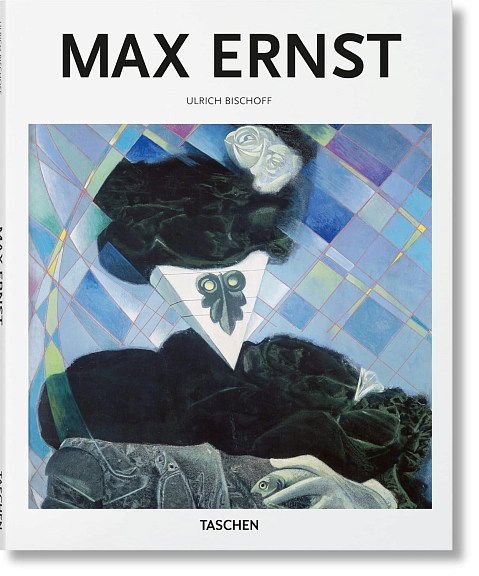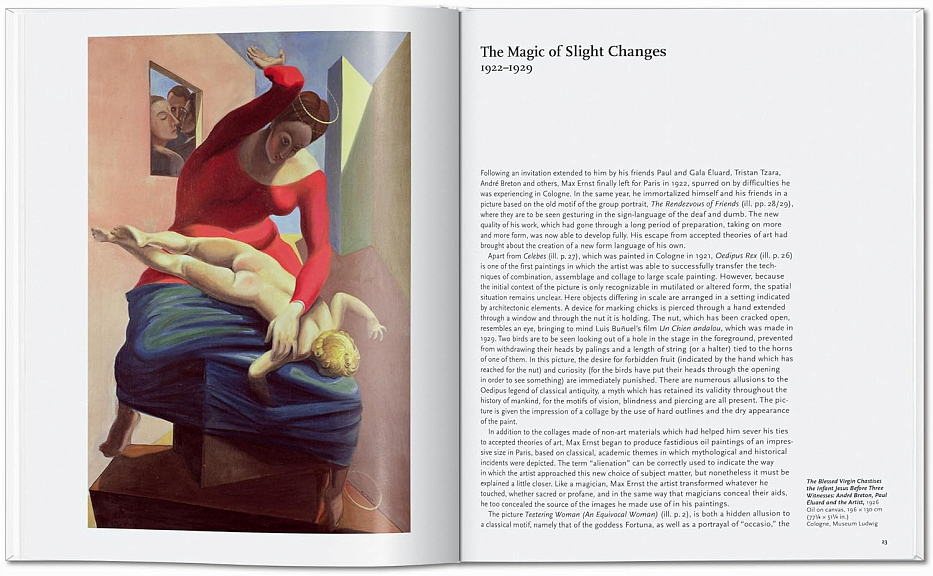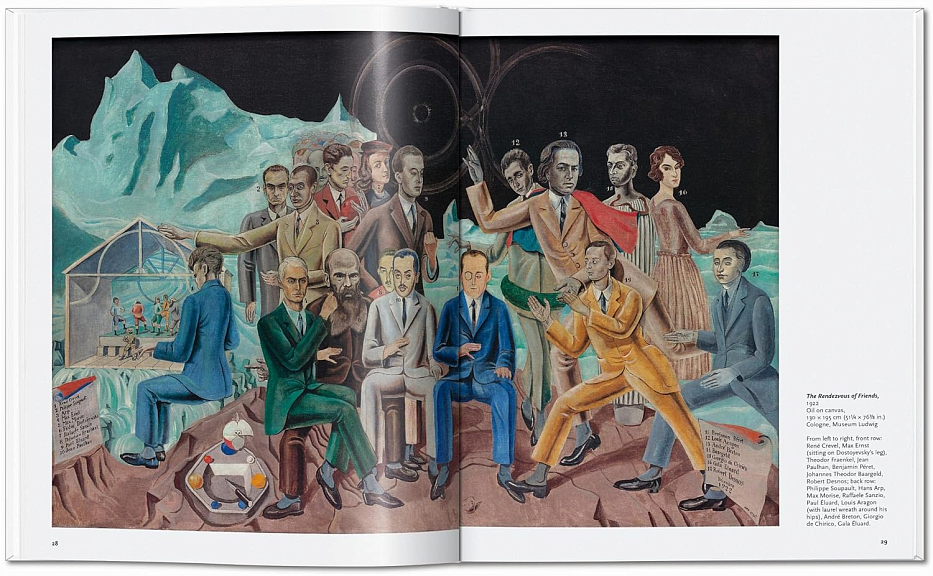-
Книги
- Нонфикшн
- Гуманитарные науки
- Деловая литература
- Естественные / Точные науки
- Книгоиздание
- Лайфстайл
- Словари / Энциклопедии
- Художественная литература
- Детектив
- Драматургия
- Классическая проза
- Мифология. Эпос
- Поэзия
- Собрания сочинений
- Современная художественная проза
- Фантастика. Фэнтези
- Биографии / Мемуары
- Графические романы / Комиксы
- Детские книги
- Воспитание. Педагогика
- Детский досуг
- О детских книгах
- Познавательная литература
- Художественная литература для детей
- Журналы / Зины
- Архитектурные
- Гуманитарные
- Журналы о моде
- Зарубежная периодика
- Искусство / Фотография
- Кино / Театр
- Лайфстайл
- Книги «Подписных изданий»
- Книги на иностранных языках
- Английский язык
- Испанский язык
- Итальянский язык
- Книги на иностранных языках для детей
- Немецкий язык
- Финский язык
- Французский язык
- Шведский язык
- Книги о кино
- Книги о музыке
- Книги о средневековье
- Книги о театре
- Книги о фотографии
- Книги об искусстве / Книги об архитектуре
- Альбомы по искусству
- Архитектура
- Декоративно-прикладное искусство
- Живопись
- Искусствоведение
- Орнаменты
- Прочее
- Танец
- Татуировка
- Творческое развитие
- Книги по философии
- Кулинарные книги
- Николай Солодников рекомендует
- Предзаказ
- Про дизайн / Про моду
- Путеводители / Книги о путешествиях
- Канцелярские товары
-
Подарки
- Брошки и значки
- Гирлянды
- Закладки
- Игры
- Календари
- Наклейки
- Наши сувениры
- Открытки
- Всякие-разные
- Наборы открыток
- Поздравления
- Про любовь и другие хорошие чувства
- С писателями и поэтами
- С цветами, овощами и фруктами
- С цитатами и другими фразами
- Подарочные сертификаты
- Постеры
- Прочее
- Сумки и шоперы
- Упаковка
- Подарочные сертификаты
Адрес магазина: Санкт-Петербург, Литейный пр., 57
Ernst
| Автор | Bischoff U. |
|---|---|
| Издательство | TASCHEN |
| Год издания | 2023 |
| Переплет | Твёрдый |
| Страниц | 96 |
| Формат | 210x260 мм |
| Язык | Английский |
| ISBN | 978-3-8365-9529-2 |
| Серия | Basic Art |
| Артикул | 1184757 |
With unparalleled artistic originality Max Ernst (1891–1976) transformed everything he touched. By pushing the boundaries and breaking loose from the confined view of the culture of his time, he became one of the most important figures of Dadaism and Surrealism. Driven by the counter-reaction to the horrors of World War I, he became a pioneer of the Dada movement. The closing of the famed Dada exhibit in Cologne for ‘obscenity’ led Ernst to spend the rest of his life in Paris, where he came in contact with the Surrealists.
Above all, Ernst stands out for his varied style and technique, having produced an oeuvre that reaches from paintings, drawings, and sculpture, across texts and stage settings to collage novels and the development of his own ‘frottage’ technique. During World War II, Ernst, like many of his colleagues, became an ‘undesirable foreigner’ and was forced to emigrate; however, he returned to France after the war. Continuing a career that spanned decades, in 1954 he received the Grand Prize for Painting at the Biennial in Venice.
Подписка на рассылку
Мы будем присылать вам обзоры книг, промокоды и всякие-разные новости





